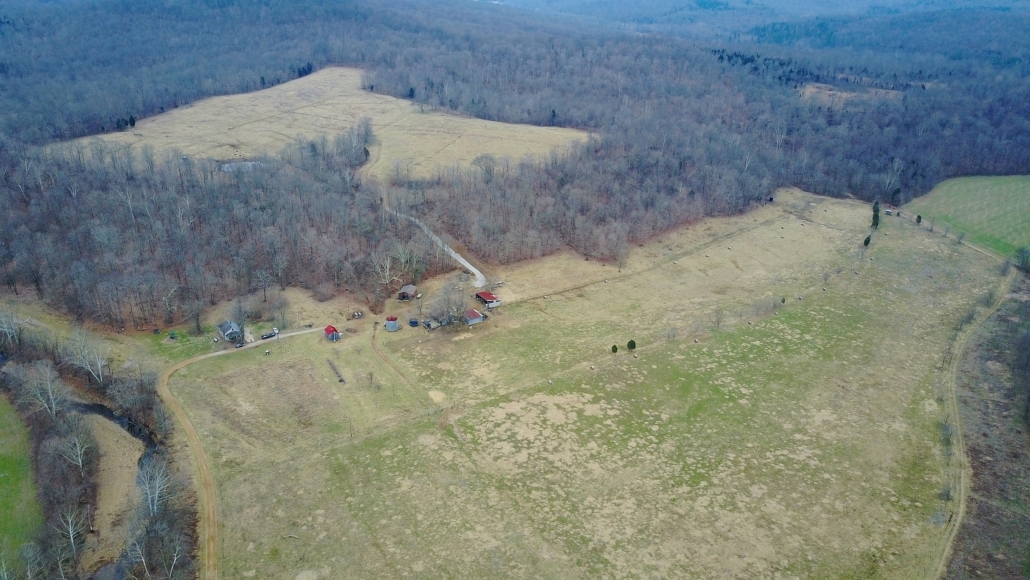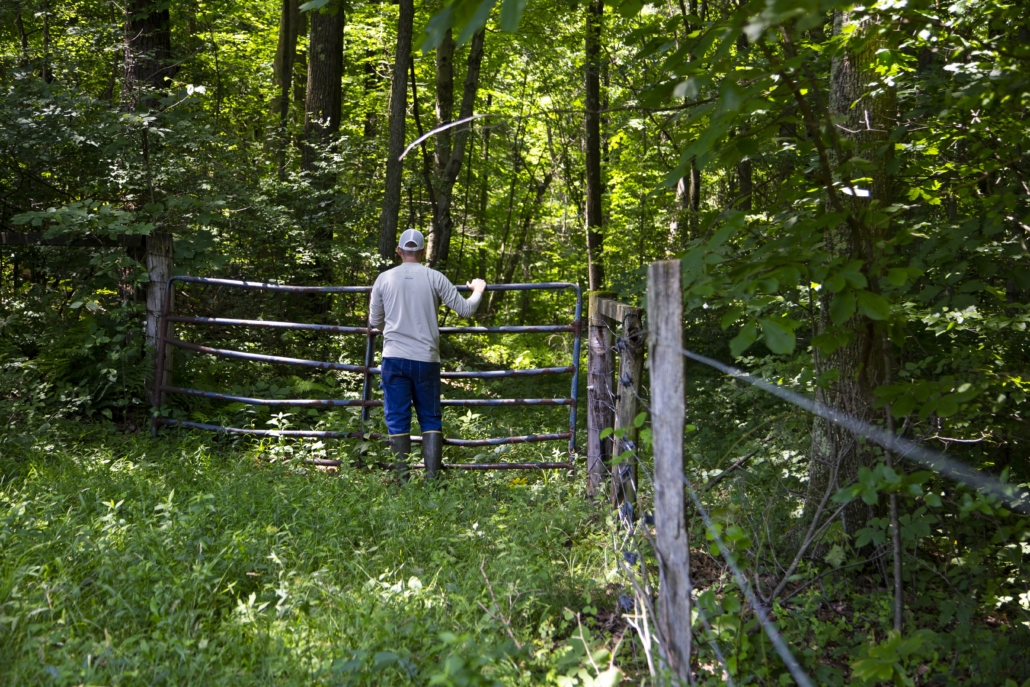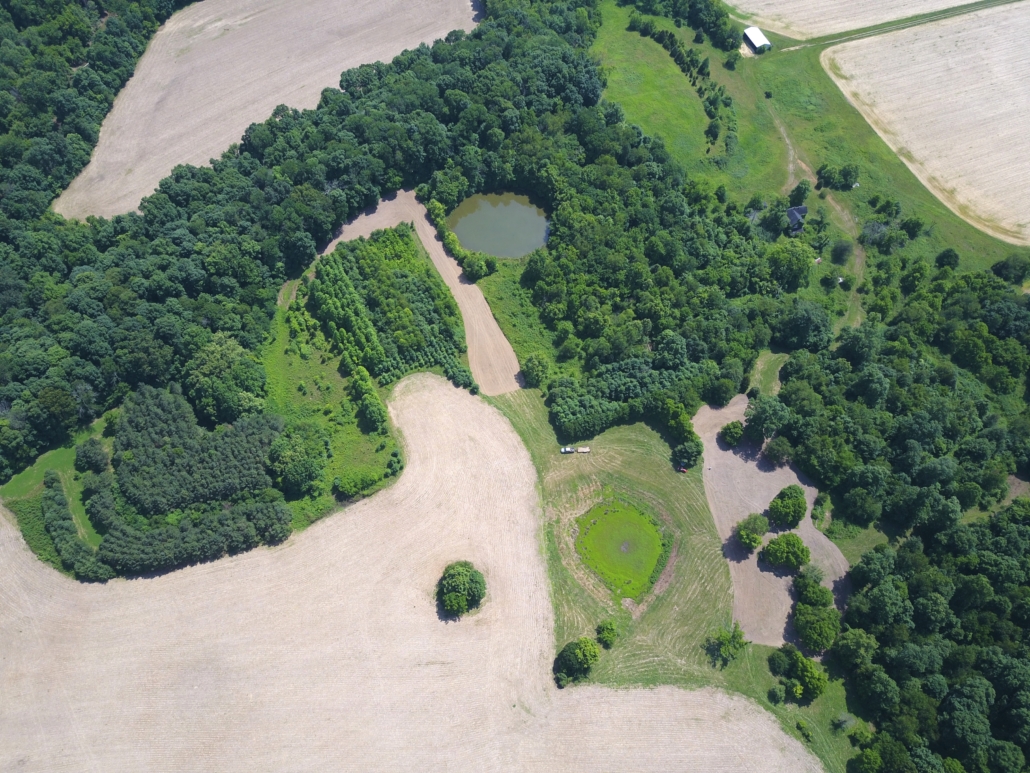Is Your Property Worthy of a Lease?
You’ve heard that land can be one of the best investments out there, haven’t you? If managed well, most properties can very easily pay for themselves and even provide a healthy side income. And if you are reading this post, it’s a good possibility that you are looking to maximize the return on your property. Do you have any land worth leasing out to someone else? Maybe you inherited a lot of land, but you’re not sure what to do with it. Perhaps you are a farmer who only uses the crop fields on your property. Or maybe you retired many years ago and just can’t get out as much as you used to. For whatever reason, you are not fully using your land and you’re also not benefiting from it. Leasing your recreational property, inherited land, or farmland for hunting is a great way to earn some hunting lease income on the side. But what if you have no idea how hunting leases work or how to calculate land lease value? This article will discuss the minimum requirements and key points you should consider.
Minimum Requirements for Leasing Hunting Land
If you have little experience with leasing land or hunting land leasing prices, how would you possibly know what a potential lessee would be interested in or what you could earn from it? There are a few generally accepted rules when it comes to the minimum requirements of a lease. These are especially true when it comes to someone looking for a deer hunting lease.
Ideal Size for a Hunting Land Lease
Depending on what purpose a lessee intends to use a property for, the ideal size of a property changes. For example, you don’t need much land to hunt squirrels or rabbits on occasionally. However, if someone wants to pursue mature whitetail bucks, they would likely ignore smaller properties (under 20 or even 40 acres, for example). That isn’t to say some hunters out there may be interested in a small local property if it has the right assets (great cover, food, and access). Larger properties equal more hunting opportunities and more control over the deer herd.
So bigger is always better, right? Not necessarily. If the property is too big (and priced correspondingly high), you will probably have a harder time finding someone (or even a group of hunters) to lease it. Potential lessees may have to look into leasing with a partner in such a scenario. Even though it’s much cheaper than buying a property outright, most average Joe’s just can’t afford to lease several hundred acres. Someone might be eager to do so, but it just might take longer to find that one person or group of like-minded people.
Best Hunting Lease Layout and Hunter Density
Speaking of the hunters, you should have some idea of how many people your property can support. This is largely influenced by the layout of the land. For example, wide-open and flat properties may only support a few hunters since they could see each other clear across an 80 acre hunting lease. On the other hand, densely vegetated properties with rolling hills could allow many people to hunt it without running into each other, and it would also likely support a higher deer population. If you are advertising your property for a deer hunting lease, there should be a good mix of cropland, open fields, timber, etc. – the ideal goal is a patchwork of different habitats with lots of edge between them. This allows for more hunting opportunities, more deer, more hunters, and likely more income.
Hunting Lease Access
This can be a hot-button issue for many people, and it is one that isn’t often brought up. Put very simply, would a potential lessee have good access to the property without interfering with your life? From your perspective, do you really want a lessee driving down your personal driveway every time they visit? If you have enthusiastic and loud dogs, that could turn into a nightmare quickly.
From the hunter’s viewpoint, they would probably also prefer a little more privacy. While lessees have to work within your property’s rules and goals, feeling like they are always being watched or having a nagging landowner could lead to unhappy hunters and a hunting lease termination. Unfortunately, property access and vehicle usage are often what cause many of the frustrations with a hunting lease.
Overall Hunting Pressure
Is your property vacant and quiet most of the year or do you actually stay pretty busy on it? When most hunters are looking for private hunting land for lease, they want one that is quiet and free from pressure on the deer herd. While deer will usually tolerate normal farm activities, they usually won’t put up with people randomly walking through or dogs running wild and barking. The same goes for hunters, especially during the hunting season.
Similarly, do you know if your neighbors hunt and if so, what kind of hunters they are? You might have a great property, but if all the surrounding properties kill many deer and young deer, it really limits what your property can accomplish. You might be able to get someone to lease your land, but you will have a hard time keeping people leasing it for multiple years.
Do you know much about the existing animals on your land? If you routinely see plentiful game animals such as turkey, waterfowl and mature bucks, it’s likely that your property has the right combination of habitat, food, and security to entice hunters to lease it.
Leasing Hunting Land | Other Important Considerations
Considering the minimum requirements above, is your land worth leasing? If you think it meets or exceeds those requirements, you have a solid chance. Now here are some last considerations before you start taking pictures and listing it.
Why Location Matters
Related to the hunting pressure discussion above, the overall geography and location of your property does make a difference. If your land is in a bad hunting area or just does not have the right history and proof, it will not make as much money as a property renowned for producing trophy bucks.
Add-on Features
You’re probably familiar with the popular saying, “But wait, there’s more!” It’s possible that your land has various outbuildings, campsites, etc. that you don’t use on it. These could be used for hunting camps or equipment storage, and are an added perk when buying a hunting lease for hunters. In some cases, these bonuses could be the tipping point that lands a good lessee.
Realistic Income Expectations
One of the most important questions to ask yourself is…”is your income expectation from a hunting lease realistic?” If you’re not familiar with land lease rates in your area, you might be unhappy with the outcome based on your land’s assets. Start by looking at comparable properties in your region, if possible, to get an idea about what you could realistically earn. And when you seriously begin the leasing process with Base Camp Leasing, we inspect the property and leave you with a recommended lease value so you know exactly what you could earn.
Landowner Liability
You should not skip this critical issue: would you be willing to get landowner liability insurance? This not only protects you from liability concerns, but it also eases many potential lessees’ minds when leasing hunting land. If you are not willing to do this, you might want to skip the whole leasing idea.




Leave A Comment